Trade Reporting
Regimes
The type of financial instrument
The counterparties to a trade
Any intra-day modifications
A legal entity (LEI)
Transaction and product identifiers
The Objectives of Trade Reporting Requirements
The overarching objectives of the regulatory trade reporting regimes for financial products are to:
- enhance the transparency of trade information available to relevant authorities and the public;
- promote financial stability; and
- support the detection and prevention of market abuse.

Europe
EMIR, MiFID II/MiFIR, SFTR
EMIR, MiFIR/MiFID II and SFTR are separate regulatory regimes in Europe. Who do they apply to?
Investment firms can find more detail here.
EMIR
EMIR Refit will commence in the UK on 30 September 2024. The existing EMIR was onshored into UK legislation as UK EMIR upon Brexit. The UK legislation requires entities entering into derivative contracts to report transactions to an FCA registered trade repository (TR), clear via a central counterparty (CCP) if subject to a mandatory clearing obligation and implement risk mitigation for OTC derivatives that are not cleared by a CCP.
MiFID II/MiFIR
Imposes transaction reporting obligations in respect of specified transactions in financial instruments where the underlying instrument is traded on a European Economic Area (EEA) trading venue.
SFTR
Only Financial Counterparties have the reporting obligations, including all UK based entities and third country branches of UK based entities. Non-financial counterparties don’t have the reporting obligations.

United Kingdom
EMIR, MiFID II/MiFIR, SFTR
EMIR, MiFIR/MiFID II and SFTR have been onshored to the United Kingdom (UK) and are separate regulatory regimes in the UK. Who do they apply to?
Investment firms can find more detail here.
EMIR
EMIR Refit will commence in the UK on 30 September 2024. The existing EMIR was onshored into UK legislation as UK EMIR upon Brexit. The UK legislation requires entities entering into derivative contracts to report transactions to an FCA registered trade repository (TR), clear via a central counterparty (CCP) if subject to a mandatory clearing obligation and implement risk mitigation for OTC derivatives that are not cleared by a CCP.
MiFID II/MiFIR
MiFIR/MiFID II reporting obligations in the UK are the same as the EU as they have been adopted locally by the UK parliament. It is important to note that UK entities will now have a dual-reporting obligation if the entity has executed its transactions via an EU branch or vice versa. We’ve developed a summary to ensure you are reporting your trades/transactions to the correct TR or approved reporting mechanism.
SFTR
Only Financial Counterparties have the reporting obligations, including all UK based entities and third country branches of UK based entities. Non-financial counterparties don’t have the reporting obligations.
Australia
ASIC
ASIC trade reporting is governed by the ASIC Derivative Transaction Rules (Reporting) 2022 which provides a framework for the regulation of OTC derivatives reporting, clearing and trade execution.
ASIC Rewrite commenced on 21 October 2024, introducing significant changes to the existing ASIC reporting rules. These changes are similar to changes introduced under EMIR Refit (for both EU and UK firms) and MAS Rewrite in 2024.
Singapore
MAS
MAS reporting requires the parties to a Specified Derivatives Contract (SDC) to report to a licensed trade repository. For non-bank financial institutions and significant derivatives holders, the reporting obligations cover:
MAS Rewrite commenced on 21 October 2024, introducing significant changes to the existing MAS reporting rules. These changes are similar to changes introduced under EMIR Refit (for both EU and UK firms) and ASIC Rewrite in 2024.
Canada
Derivative trade reporting in Canada is a single-sided reporting regime that requires OTC derivatives across all asset classes to be reported. The reporting regulation requires all derivatives transactions involving a local counterparty to be reported to a designated TR or to the Commission. The TR Rule outlines a hierarchy for determining which counterparty will be required to report a transaction based on the counterparty to the transaction which is best suited to fulfil the reporting obligation.
Background & Law Reform
Global commitment to derivatives reform arose out of the Global Financial Crisis (GFC) in 2008. The GFC highlighted structural deficiencies in the global derivatives markets and the systemic risk that those deficiencies posed to wider financial markets and the real economy. In the lead-up to the GFC, those structural deficiencies contributed to the build-up of large counterparty exposures for which the risks were not appropriately managed. With details of derivative transactions generally held only between the counterparties, in many cases those exposures were not transparent to other market participants and regulators.
The regulatory response, in the form of commitments by regulators around the world to implement derivatives reform, was made at the Group of Twenty (G20) Summit in Pittsburgh in 2009. Since then, transaction reporting regimes have been introduced in multiple jurisdictions and are continuing to be amended and updated. Read more about how ASIC and European Central Bank responded to this.
TRAction's Trade Reporting Process
TRAction’s Trade Reporting Process
Curious about what the trade reporting process looks like when you use our services?
Here we answer key questions and share insights on how TRAction simplifies the trade reporting process for our clients.
TRAction is trusted by 800+ firms to report their trades.
Through the extensive knowledge of our staff of financial products, compliance/legal, and IT, we alleviate the pain for our clients.




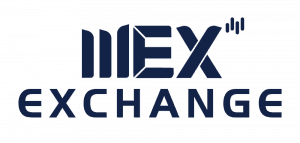


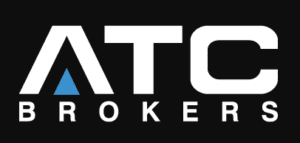

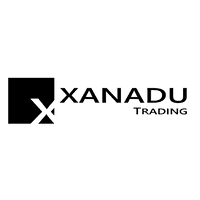


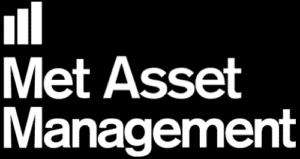
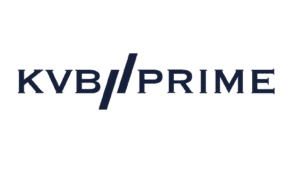
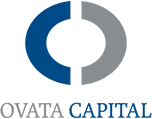

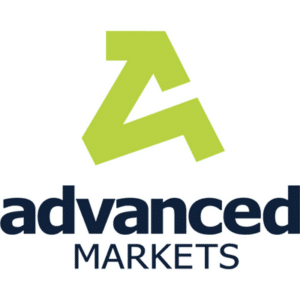
Can't find the answers
you're looking for?
Get in touch with us for assistance.